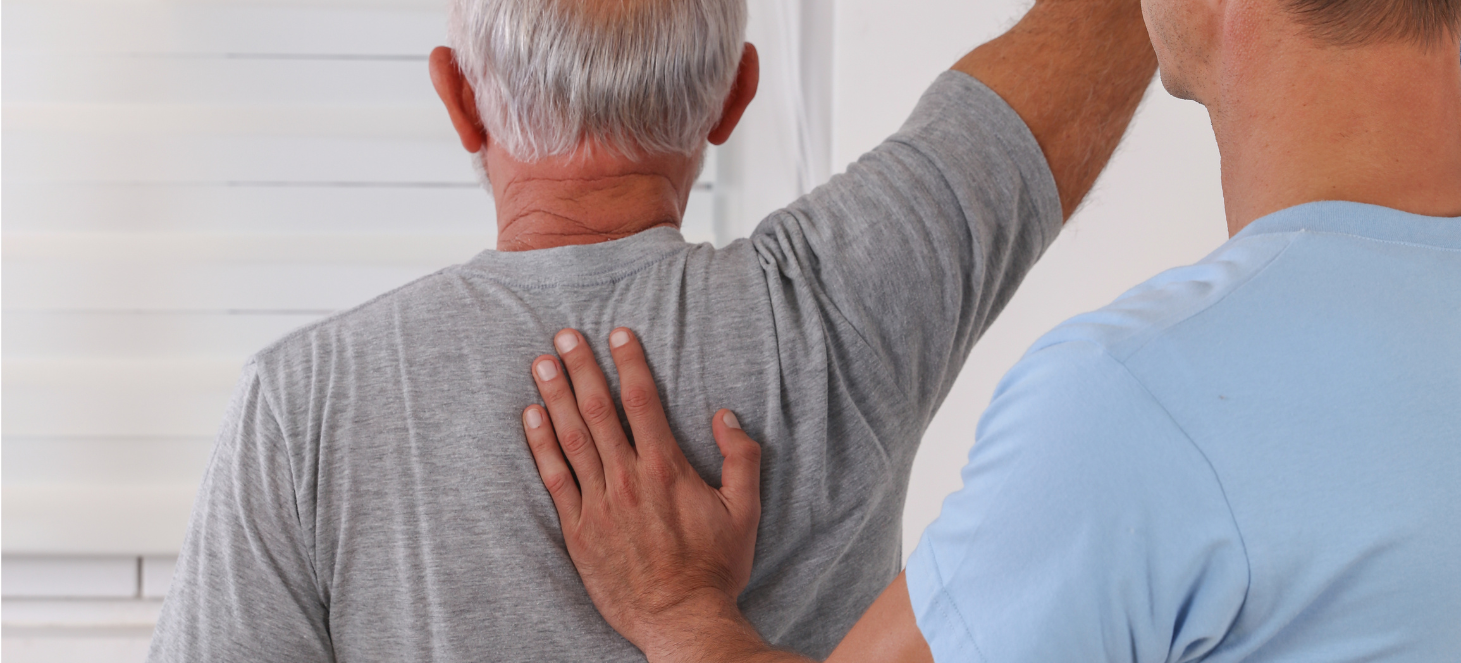As the population of elderly individuals continues to grow in Pakistan, the importance of prioritizing their health and well-being becomes increasingly evident. Physiotherapy, often underestimated, plays a pivotal role in enhancing the lives of seniors by promoting mobility, preventing injuries, and improving overall quality of life. In this blog, we delve into the reasons why physiotherapy is essential for the elderly population in Pakistan.
1. Age-Related Health Challenges:
Discuss common age-related health challenges faced by elderly individuals in Pakistan, such as arthritis, osteoporosis, and mobility issues. Highlight how physiotherapy can address and alleviate these issues.
2. Mobility and Independence:
Examine the role of physiotherapy in promoting mobility and independence among seniors. Share success stories or case studies demonstrating how tailored physiotherapy programs contribute to improved mobility and daily functioning.
3. Falls Prevention:
Explore the significance of physiotherapy in preventing falls, a prevalent concern among the elderly. Discuss exercises and interventions that can enhance balance and coordination, reducing the risk of falls and associated injuries.
4. Pain Management:
Delve into how physiotherapy effectively manages pain associated with various age-related conditions. Discuss therapeutic exercises, manual techniques, and other modalities used in physiotherapy to alleviate pain and improve comfort.
5. Cognitive Health Benefits:
Highlight the connection between physical activity, cognitive health, and emotional well-being. Discuss how physiotherapy interventions contribute not only to physical health but also positively impact cognitive functions and mental health in the elderly.
Conclusion: Summarize the key points discussed in the blog, emphasizing the integral role that physiotherapy plays in enhancing the lives of elderly individuals in Pakistan. Encourage seniors and their families to consider incorporating physiotherapy into their overall healthcare strategy for a healthier and more active aging experience.

